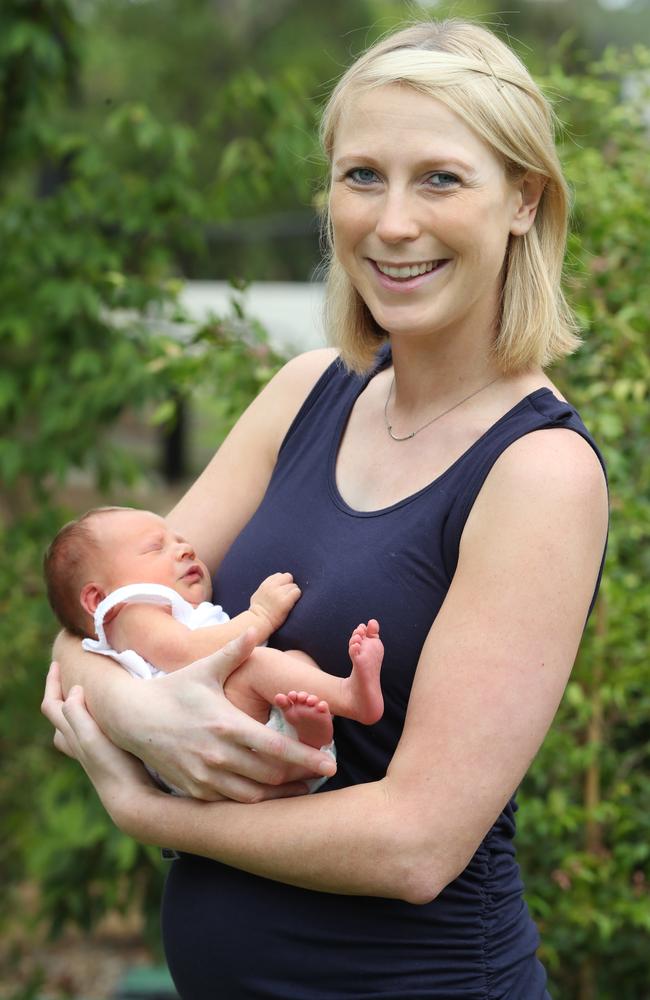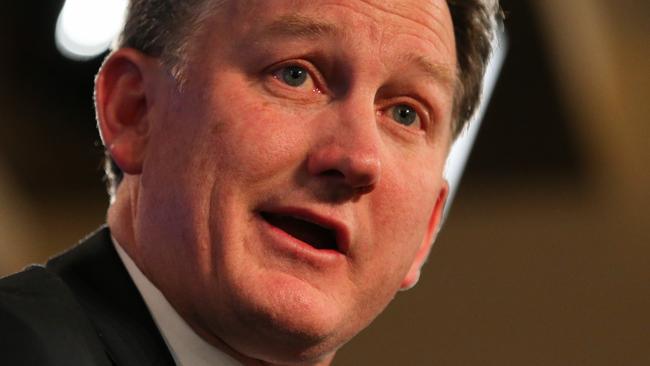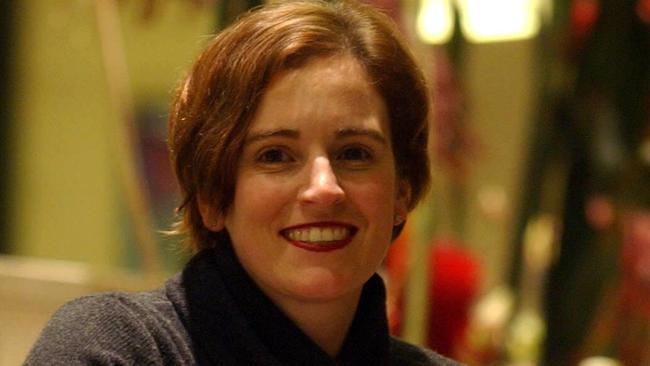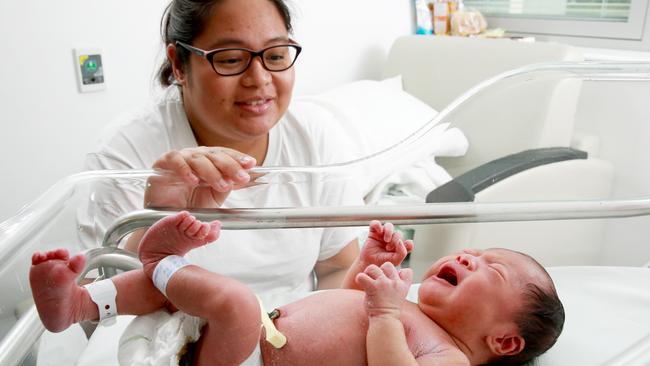Bullies push new mums to post-natal depression
Mean mums are driving post-natal depression with “competitive’’ child-rearing, doctors warn.
NSW
Don't miss out on the headlines from NSW. Followed categories will be added to My News.
MEAN mums are driving new mothers into post-natal depression by shaming them over breastfeeding or childbirth.
Doctors have warned “cruel” and judgmental women are striking fear into many, who feel under pressure to live up to unrealistic expectations.
Australian Medical Association (AMA) president Michael Gannon, who is an obstetrician, criticised women for being too “competitive” about child-rearing.
“I would love to see women be kinder to themselves and their peer group,’’ Dr Gannon told The Daily Telegraph yesterday.
“They’re extremely competitive. I’ve talked to many women who come back from mothers’ group quite distressed and traumatised.
“There are examples of women being cruel to each other, like it’s some form of failure if you can’t comprehensively breastfeed your child, or if you ‘gave up’ and had a certain form of pain relief (during birth). That’s one driver of post-natal depression.’’

The Royal Australian and New Zealand College of Psychiatrists says one in five new mums experience post-natal depression.
And new research reveals that many mums battling the baby blues are refusing to get help because they fear being labelled “bad mothers’’ or having their babies taken away.
ANTOINETTE LATTOUF: ‘I couldn’t stop thinking about death’
The Centre of Perinatal Excellence (COPE) study shows half the mothers with symptoms of anxiety and depression are lying to doctors, family and friends to pretend that all is well. COPE executive director Dr Nicole Highet said some women feared that if they confessed to not coping, doctors might report them to child protection authorities.

Many felt isolated without family nearby, and working mums often did not have time to attend mothers’ groups.
Dr Highet said some new mothers dismissed their depression or anxiety as “hormones’’ or sleep deprivation.

She urged those who felt overwhelmed to speak up, so they could get help.
“Those who are career driven and have had things under control find that the contrast of having a baby who is unsettled really undermines their confidence,’’ she said. “Women who have a perfectionistic personality or high anxiety are particularly at risk because they’re setting the bar so high for themselves. There is a pressure to have a wonderful glowing pregnancy, a spontaneous birth and a beautiful contented baby. When that’s not the experience, some mothers feel quite shocked.’’
Dr Gannon said some women even felt under pressure to reject pain relief and caesarean sections in childbirth, feeling they were a “failure” if they used such measures.
“It’s not a failure,’’ he said. “If men laboured, the epidural rate would be 101 per cent.’’
Dr Gannon said many career women and older mothers were susceptible to post-natal depression because they were accustomed to order and control.
“For successful women who’ve become used to being in control of their lives, the sheer mindlessness of nappy changing and feeding is especially difficult,’’ he said.

New Sydney mum Danielle Opperman, whose baby Harrison was born on Sunday, said she felt more confident about mothering after attending Birth and Beyond classes at the Royal North Shore Hospital.
“My advice to other mothers is don’t be too hard on yourself, and be open to the supports that are available to you,’’ she said. “There are so many services out there to assist you — you’re not expected to do everything on your own.’’
Neutral Bay mum Frances KO, 33, said she drew support from family and friends after the birth her eight-day-old baby girl Eloise.
“It seems like it’s just decent and common sense for mums and parents to be nice to one another,” Ms KO said. “During the pregnancy people were very supportive.”
The Cape survey of 790 mothers suffering post-natal depression found that half admitted to “hiding my true feelings to family and friends while I was pregnant’’.
And half the women said that in hindsight they probably had symptoms of depression or anxiety while pregnant but didn’t recognise them. “They were worried about how other people will judge them and there is a real fear it might result in the baby being removed from their care,’’ Dr Highet said.
She urged women to see a doctor if they felt “sad and down or worried’’ for more than two weeks. “Women are worried about how they will be viewed if they have a mental health condition but if it is undetected it can be much worse and place the baby at risk,’’ she said. “It’s no different to having high blood pressure — it doesn’t mean you’re a bad mother.’’
Need help? Readytocope.org.au



